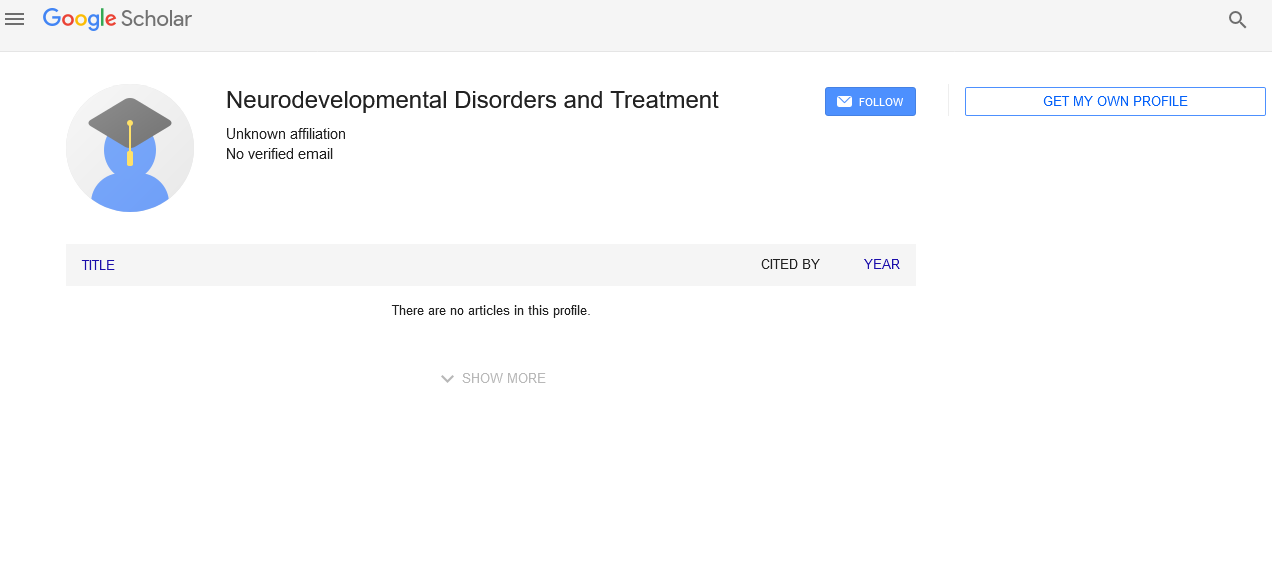
Sign up for email alert when new content gets added: Sign up
Abstract
Psychotropic medications during pregnancy
Author(s): Yashika JindalPregnancy is a stressful period. Highlighting the nervous system, whether good stress (e.g., weddings and graduations) or negative stress, often known as anguish (e.g., the death of a loved one), can trigger psychiatric symptoms, particularly in a mentally ill person. Motherhood does not prevent towards return of symptoms in diseases like depression, according to research. Patients' treatment plans are frequently tailored to their specific needs. The clinician should examine the patient's full psychiatric history while establishing a management plan: diagnostic testing, preceding therapeutic interventions that unsuccessful, and therapies that ended in euthymia (including past and current medication responses), current appearance, psychiatric history during early pregnancy, family history, societal history, substance usage history, and the schedule for the planned treatment plan (whether or not the patient currently is pregnant or planning a pregnancy and so forth).
The Gestation and Breastfeeding Labeling Regulation, also known as the Content and Format of Labeling for Human Prescription Drug and Biological Products; Regulations for Pregnancy and Lactation Labeling, was released by the Food and Drug Administration (FDA) in December 2014. The former alphabet classifications, B, C, D, and X—are no longer used to determine the safety of pharmaceuticals for pregnant and breastfeeding women. It necessitates a revision in the prescription medication labeling's content, which must now include up-to-date information to help doctors and moms to make informed judgments. As a result, the following information is intended to assist physicians in guiding patients through the new and revised FDA recommendations.
Whenever non - pharmacologic approaches have failed and/or the dangers of becoming psychiatrically sick during pregnancy outweigh the advantages of usually very hard or the dangers of foetal administration to the drug, pharmacologic treatment is usually indicated. Physicians should try to make changes to drug regimens prior to pregnancy to ensure that the patient is in a stable and euthymic condition on the new medication before conception. The objective must also be to restrict the number of drugs that an infant is exposed to throughout pregnancy. It is preferable to maximise one medicine at effective levels than than using multiple treatments at lower concentrations. Vulnerable patients should be continuously watched whether or not treatment is being used, because they are at a higher risk for complications during pregnancy and postpartum.
Even though some studies have found that antipsychotic children are more likely to develop autistic spectrum problems, anxiety, and attention deficit (ADD),41 these investigations do not account for various variables, the most significant of which would be antidepressants exposure. Also Persistent pulmonary hypertension of the newborn (PPHN), a dangerous and rare developing lung condition, has been linked to SSRI usage in late pregnancy in several studies. The use of drugs like topiramate and naltrexone to reduce appetites has been considered. Patients with a background of cocaine addiction (but no present usage) are more likely to develop hypertension. As a result, when providing SNRI drugs to patients with a recent or distant background of cocaine use problem, care should be made to monitor for probable gestational hypertension.




